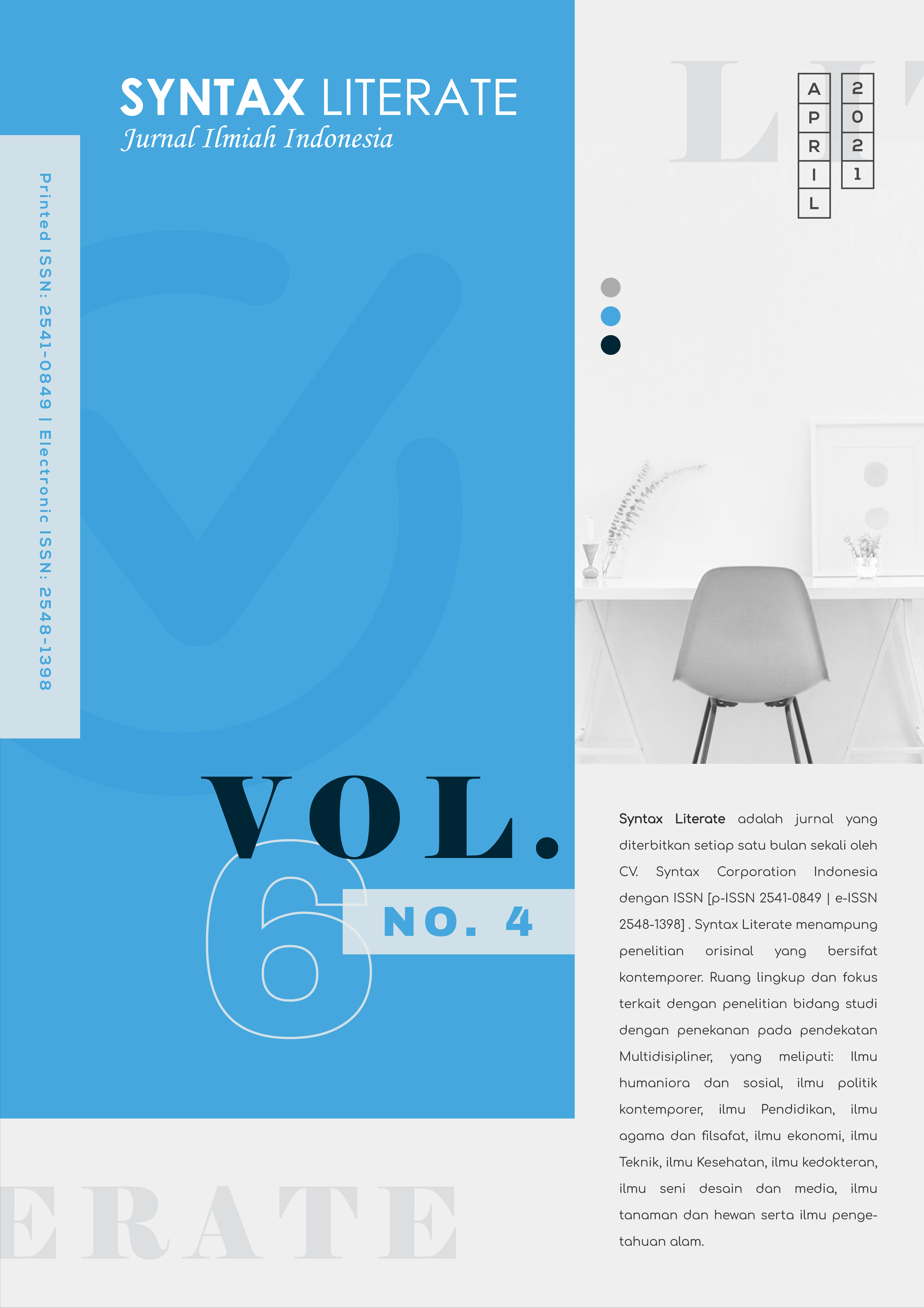Analysis of Corruption Case Investigation After The Implementation of Law No. 30 of 2014
Abstract
This research aims to examine granting discretion to government officials or state administration is a logical consequence of the welfare state's conception. This opens up opportunities for officials to commit corruption. Based on the administrative law, state officials' abuse of power is not a criminal offence but purely the administration's fault. However, with the issuance of the Government Administration Law, court judges from Corruption Crime have their right to judge whether there is an element of abusing their authority or not. Better laws and no negative impact or a growing number of problems. Evaluation and updating must be carried out to obtain maximum results and satisfy all parties. The first method employs in this research was the statute approach or the statutory approach. The second method used was a conceptual approach. The data collection used in this article is secondary data collection by finding and collecting data that has already been published in books, newspapers, magazines, journals, online portals regarding this issue. The result is there are still problems arising from the enactment of Law Number 30 of 2014, especially on constitutional grounds, State Administrative Courts, and Corruption based on discretion. Several journals and studies have been conducted to corroborate this question. Therefore, it is necessary to make adjustments and improvements in several areas to obtain a better law and does not cause adverse impacts or a growing number of problems.











